EVENT
Event News
ASPIRE Project Colloquium by Hans de Zwart
On Tuesday 15 April, Hans de Zwart (Radboud University) will give a talk,"AI Prediction as Domination in Public Institutions - A Neorepublican Perspective", for our project colloquium at 16:30. Further details can be found below.
Title:
AI Prediction as Domination in Public Institutions - A Neorepublican Perspective
Speaker:
Hans de Zwart (Radboud University)
Abstract:
This paper examines the political implications of AI-based predictive optimization systems in public institutions through the lens of neorepublican political theory. While current debates about algorithmic decision-making mainly focus on fairness and bias from an egalitarian liberal perspective, this analysis argues that example-based machine learning systems present a fundamental challenge to democratic governance and political freedom, necessitating an additional perspective. Drawing on neorepublican conceptions of freedom as non-domination, the paper demonstrates how predictive optimization constitutes a novel form of uncontrolled power that evades traditional mechanisms of democratic accountability and contestation.
The argument proceeds in three steps. First, it distinguishes between rule-based and example-based reasoning in algorithmic decision-making, highlighting how machine learning systems derive authority from statistical patterns rather than explicit rules. Second, it establishes that while all forms of profiling by public authorities create power asymmetries, example-based predictive optimization represents a distinctly problematic form of authority due to its inherent opacity and resistance to meaningful contestation. Third, it identifies three specific challenges these systems pose to neorepublican ideals: the unavoidable absence of common knowledge regarding decision rationales, the technocratic depoliticization of governance, and the practical impossibility of meaningful contestation.
The paper concludes that from a neorepublican perspective, rule-based decision-making systems should be preferred over example-based predictive optimization in public institutions, particularly for high-stakes decisions. It suggests that recent work on interpretable machine learning, specifically the possibility of reducing complex models to simpler rule-based algorithms, offers a promising technical direction more aligned with neorepublican democratic values. However, it cautions that rule-based algorithms may also not meet the full requirements of legitimate democratic governance, especially given the fundamental unpredictability of human behaviour.
Time/Date:
16:30- / Tuesday 15 April , 2025
Place:
NII Room 1310A and Online
Link:
For the latest information about ASPIRE colloquium / seminar, please see the webpage
https://docs.google.com/document/d/1Qrg4c8XDkbO3tmns6tQwxn5lGHOrBON5LtHXXTpXDeA/edit
Contact:
Kittiphon Phalakarn (ASPIRE MMSD Colloquium Organizer)
Email: kphalakarn[at]nii.ac.jp

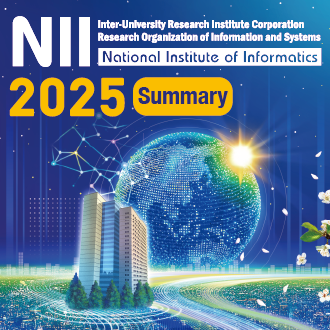 Summary of NII 2024
Summary of NII 2024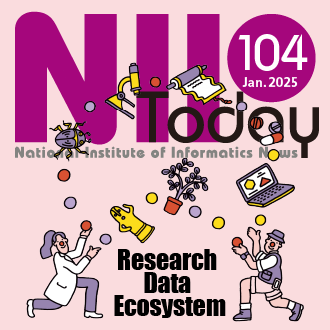 NII Today No.104(EN)
NII Today No.104(EN) NII Today No.103(EN)
NII Today No.103(EN)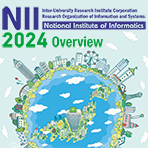 Overview of NII 2024
Overview of NII 2024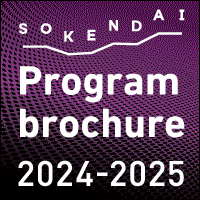 Guidance of Informatics Program, SOKENDAI 24-25
Guidance of Informatics Program, SOKENDAI 24-25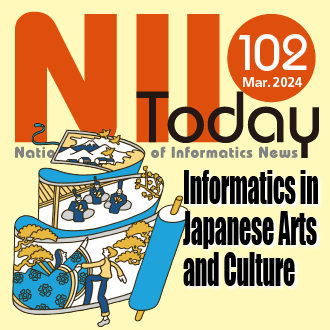 NII Today No.102(EN)
NII Today No.102(EN) SINETStream Use Case: Mobile Animal Laboratory [Bio-Innovation Research Center, Tokushima Univ.]
SINETStream Use Case: Mobile Animal Laboratory [Bio-Innovation Research Center, Tokushima Univ.] The National Institute of Information Basic Principles of Respect for LGBTQ
The National Institute of Information Basic Principles of Respect for LGBTQ DAAD
DAAD
